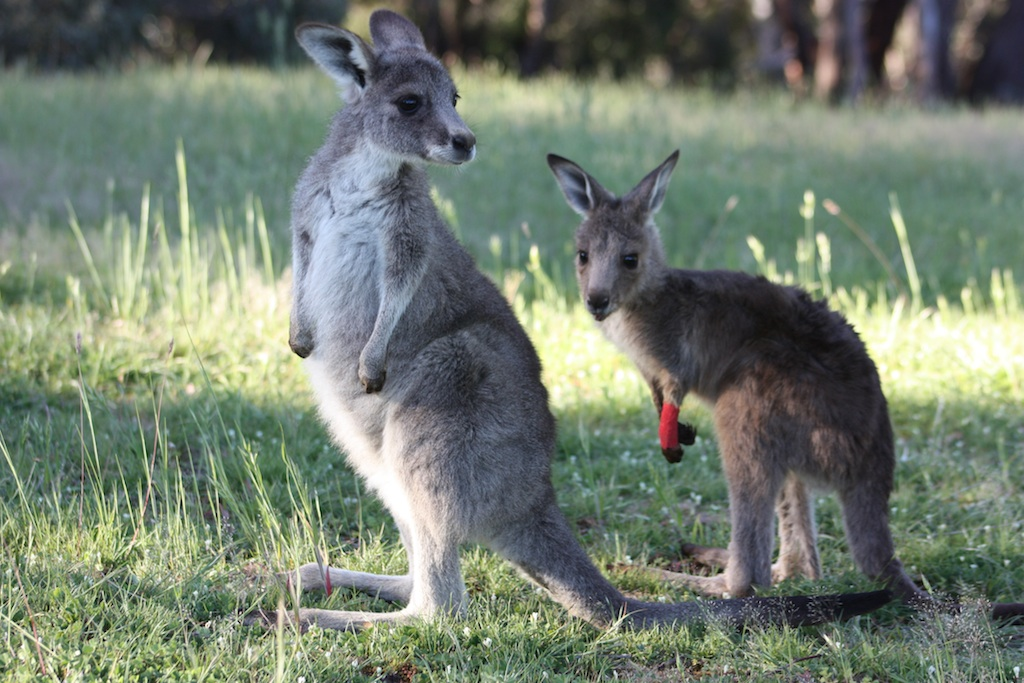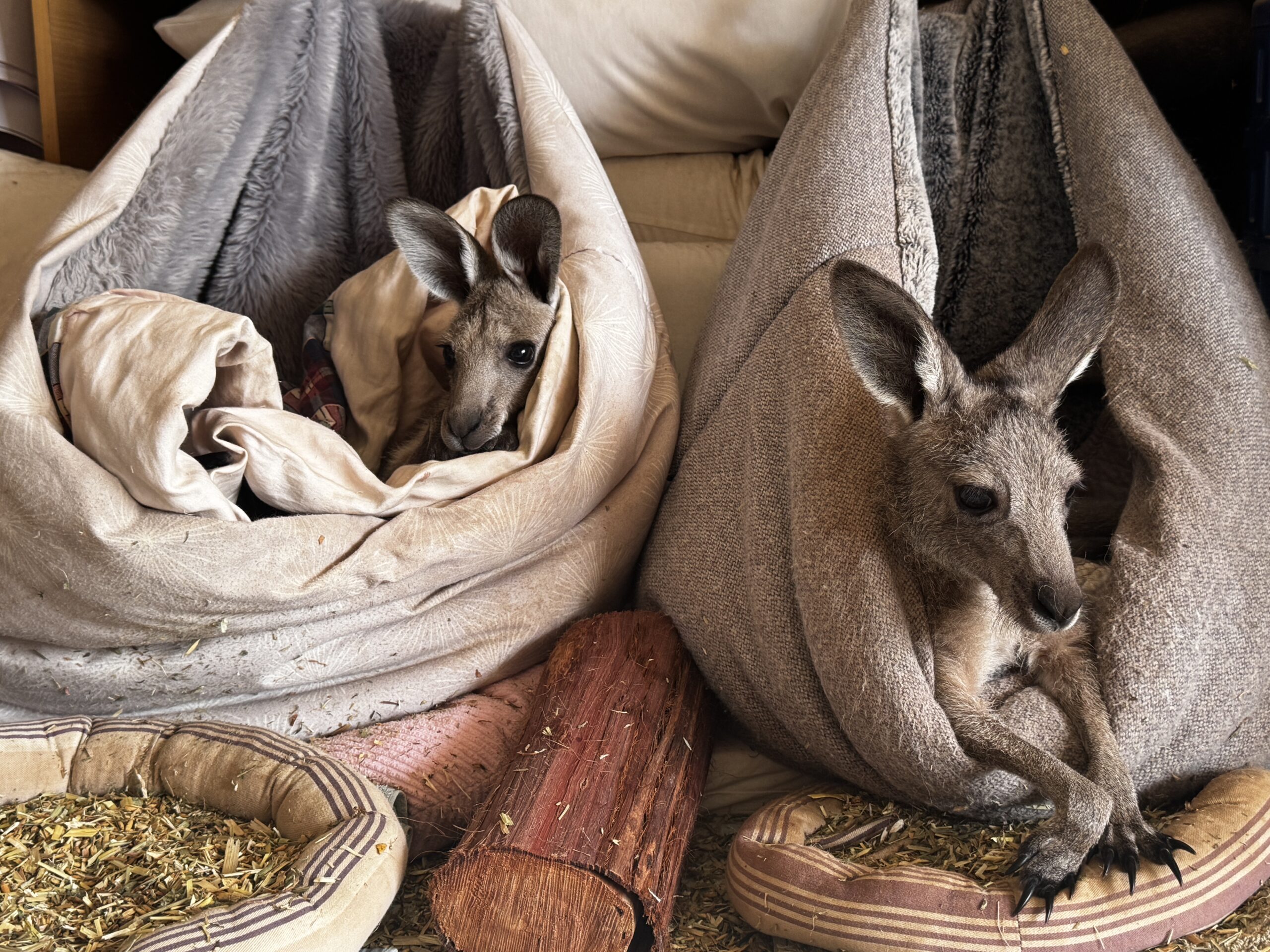Data on NSW licencing reveal the extent of Government-sanctioned destruction of native animals in the state | Conservation groups and wildlife carers to provide evidence of the extent of cruelty at inquiry into licensed killing SYDNEY (5 February, 2026)—Humane World for Animals Australia (previously Humane Society International Australia) will...
Data released today by the NSW Department of Primary Industries (‘DPI’) shows a staggering 89% of marine animals caught in NSW shark nets during the 2020-2021 season were non-target species such as dolphins, turtles, and whales. These shocking figures come just months after a majority of NSW councils with shark nets installed on their ocean beaches made submissions to NSW DPI that they wished to discontinue the use of this outdated and ineffective attempt at bather protection.
NSW’s Shark Meshing Program, currently consisting of 51 shark nets spanning from Newcastle to Wollongong deployed between 1 September and 30 April each year, has hardly been updated during its operation despite significant technological and scientific advancements. Conservation groups, Humane Society International Australia (‘HSI’) and the Australian Marine Conservation Society (‘AMCS’), say it is high time the shark meshing program in NSW was ended to make way for newer technologies that both improve swimmer safety and significantly reduce environmental impacts.
The Shark Meshing (Bather Protection) Program 2020/21 Annual Performance Report, released today by NSW DPI, shows that of 375 species caught, only 10% (40) were actually targeted species. Of the 375 marine animals caught in the nets, 62% (231) were killed. Shockingly, over half the animals caught during 2020-2021 were threatened or protected species, and 80% (161) of these animals were killed. See notes to editor for a breakdown of key species.
To date, six out of eight NSW local councils with shark nets in their ocean beaches have officially revoked support for the devices in order to make way for a modernised approach that will improve swimmer safety and significantly reduce environmental impacts.[1]
Non-lethal solutions including drone surveillance, SMART drumlines, personal shark deterrents, and accessible education programs, are not only more technologically advanced but are also designed with nearly a century of advancements in understanding shark behaviour in mind (see notes to editor for more information). HSI and AMCS are hoping the NSW DPI will design a modern bather protection program relying on these more effective and sophisticated technologies and consigning the nets to history.
Lawrence Chlebeck, marine biologist for Humane Society International Australia, said, “Each year, we are heartbroken to see so many more marine animals lose their lives, all for the false sense of security provided by shark nets. The indiscriminate deaths that occur as a result of the outdated Shark Meshing Program in NSW must end. The technology is nearly 100 years old, we would never accept safety technology that old in any other facet of our lives, why should ocean safety be any different? It is in everyone’s best interest that the nets are done away with.”
Dr Leonardo Guida, shark scientist with AMCS, said, “The local communities want their beach safety standards modernised and the terrible cost to wildlife significantly reduced, if not eliminated altogether. Public sentiment and the science are in alignment – come September the NSW Government should keep the nets out and the drones up.”
Images and videos of wildlife caught in NSW shark nets are available here.


